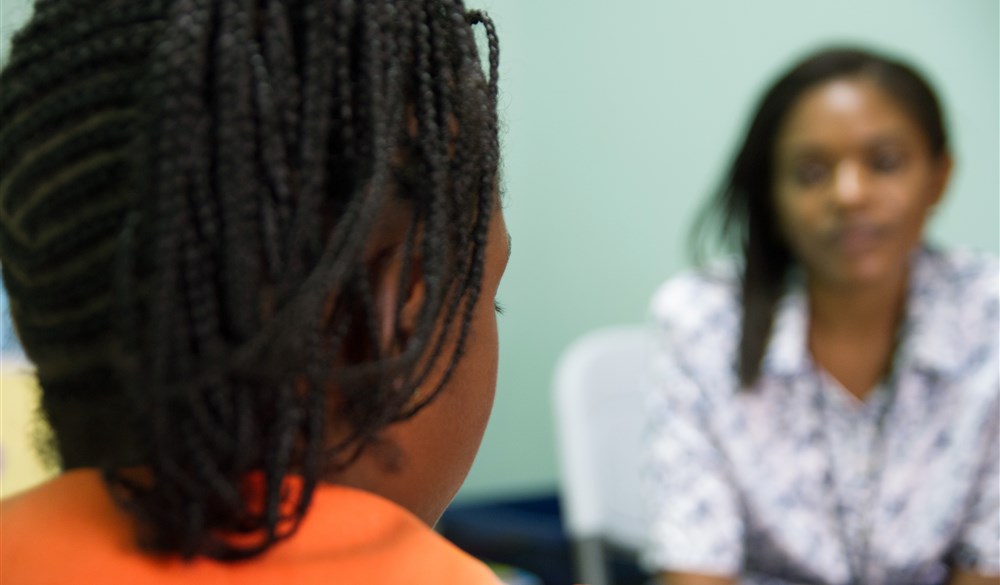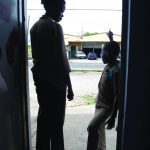Giving Child Victims Their Day In Court
Story

Working towards judicial reform in Jamaica.
Life can be difficult for children living in the volatile inner-city neighbourhoods of Kingston, Jamaica. If a youth is a victim of crime and has to go to court, the case could fall apart because the child is too frightened to testify. Not only do the attackers go free, they often return to the same community as the children.
To protect child victims and give them a voice, changes need to be made to the judicial system. And that’s what brought retired Canadian judge John McGarry to Jamaica as a Cuso International volunteer.
“Children in Jamaica are, frankly, treated just like adult witnesses,” says John, who volunteered with Cuso International in 2011. “I sat in on a case where the 12-year-old victim was sitting in the hall, right across from the accused. She lasted about 15 minutes before fleeing in tears,” he remembers.
To help make the journey to justice less treacherous for children, John worked with the Jamaican government and partner groups to create the ‘Children in Court’ program. Reforms introduced through the program include having children testify via closed-circuit TV or behind a screen so they don’t have to face their attacker.
As well, child victims are now supported by a counsellor, who walks them through what to expect once they are in the courtroom. “The idea is to provide children with a safer environment in which to testify,” adds John.
Cuso International is hard at work outside the courtroom as well. Volunteer Raphael Tahan is working with a group called ‘Jamaicans for Justice’ to advocate for children’s rights. “We encourage people to speak up when they witness crimes or when they know of children who are not finding justice,” explains Raphael.
“Changing certain aspects of a society takes time,” she adds. “But we can do it, and we must do it…for the children. They are the future of Jamaica.”